
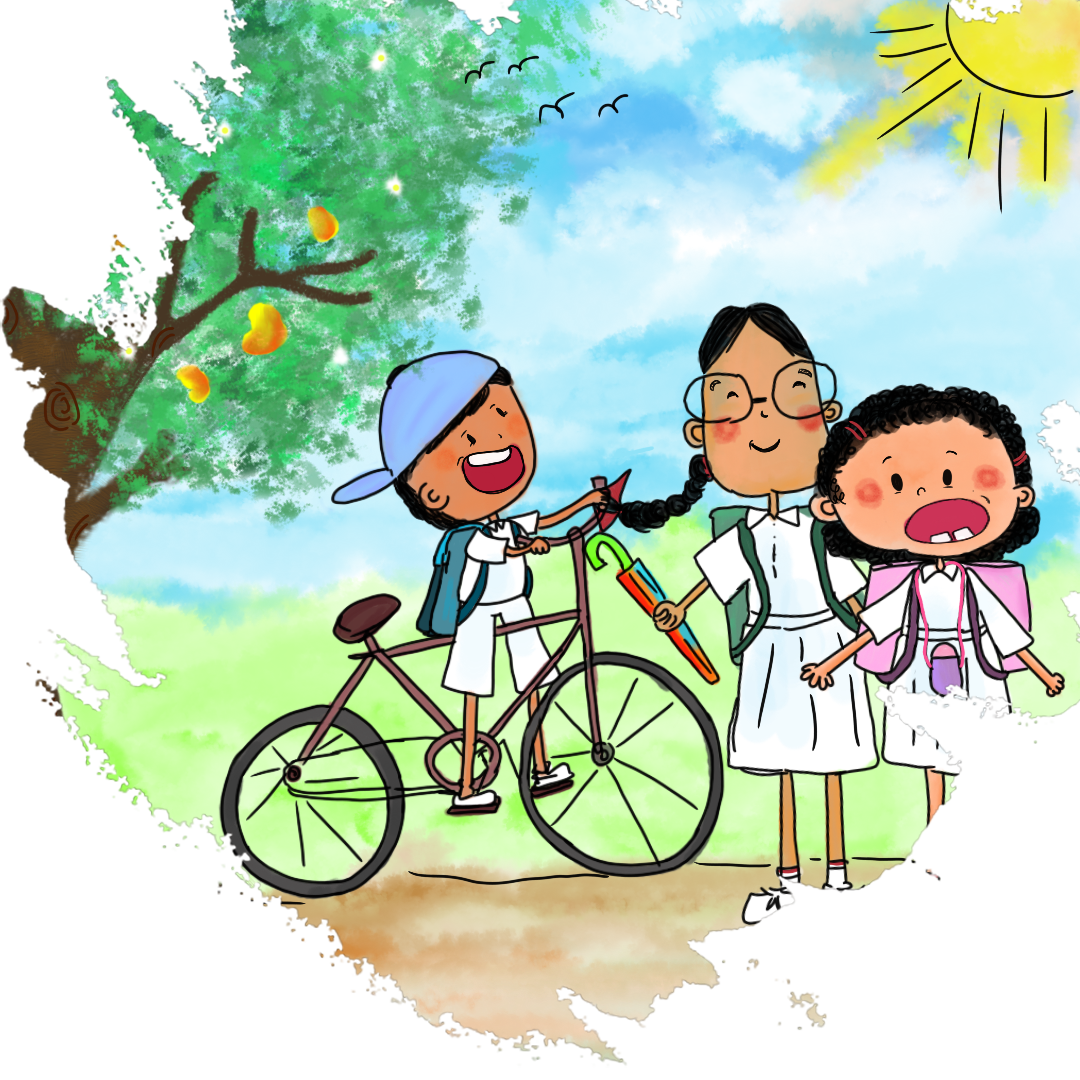
At IFDC, we believe that every child is a member of the digital world, and it's impossible for them to dissociate from this dynamic world. As digital citizens, children use digital tools for education and entertainment, but unfortunately, the internet exposes them to various dangers and unpleasant situations. Our mission is to give every child a healthy digital life, protect their digital rights, and educate them on digital well-being so that they can navigate the digital world safely.
Our #DigitalWise program area focuses on engaging children by providing them with need-based training and mentoring for the healthy use of the internet, mobile devices, gaming consoles, broadband, media networks, and various search engines. Our aim is to teach children how to lead balanced and healthy digital lives. We offer a range of mentoring programs for both children and parents on digital well-being, equipping them with the necessary tools to navigate the digital world safely and responsibly.
This program is specifically designed to unlock and nurture the creative talents of children. We offer comprehensive training in creative media technologies, empowering young minds to freely express themselves, cultivate positive ideas, think critically about community issues, and explore their own identities. Aligned with the principles of the United Nations Convention on the Rights of the Child, our ultimate goal is to empower every child to become a producer, rather than a mere consumer, of digital media.
Our program is specifically designed to document and research how internet platforms exploit children and compromise their rights and safety. Through the use of reliable data, our aim is to formulate strong advocacy for child protection in the online sphere. Additionally, we are dedicated to addressing insensitive media portrayals of children, harmful media content, and harnessing the power of ethical and responsible journalism to investigate issues affecting children and amplify their voices.
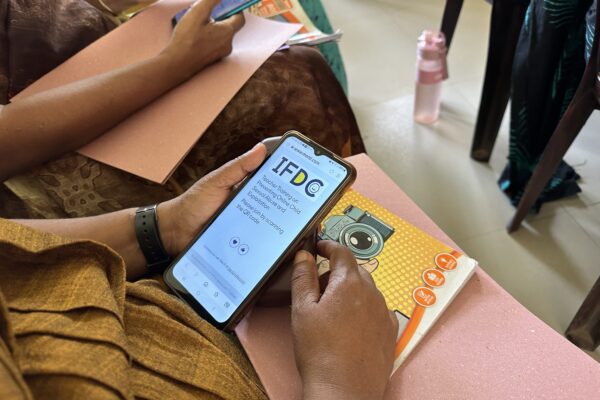
The increasing digital presence in children’s lives necessitates a proactive approach to online safety. Recognizing this urgent need, the International Foundation for Digital Child (IFDC)…
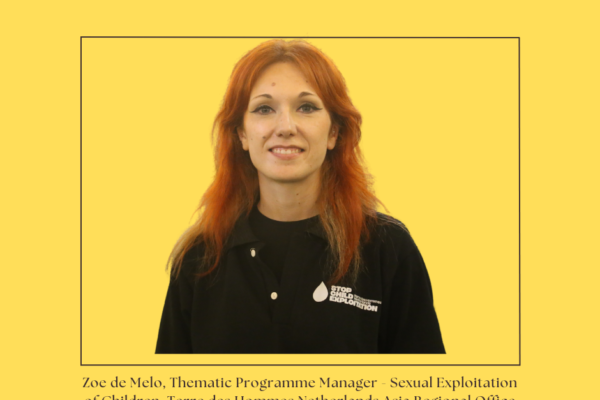
Young girls and vulnerable children—whether due to social, economic, or other factors—are highly susceptible to online child sexual abuse and other forms of harm. Not…
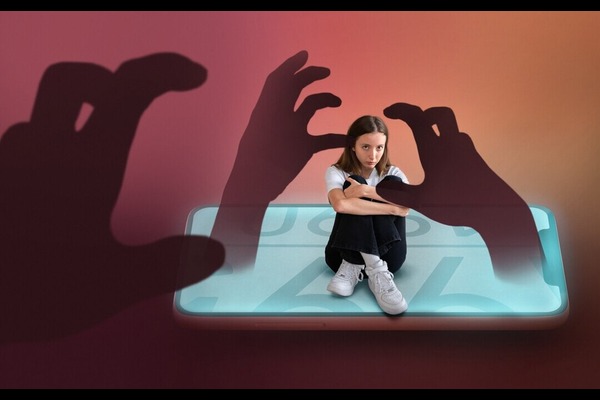
The internet has become an integral part of daily life, offering children opportunities for learning, communication, and entertainment. However, it also presents significant risks, particularly…
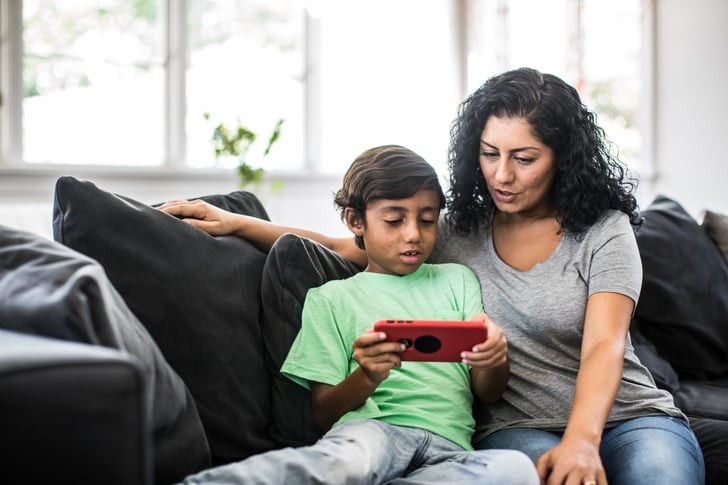
In today’s digital era, where access to technology has become widespread, especially in countries like Sri Lanka, where mobile phone penetration is rapidly increasing, it…

Dr. Najat Maalla M’jid, the United Nations Special Representative of the Secretary-General on Violence Against Children, recently highlighted a crucial, yet often overlooked issue: the…
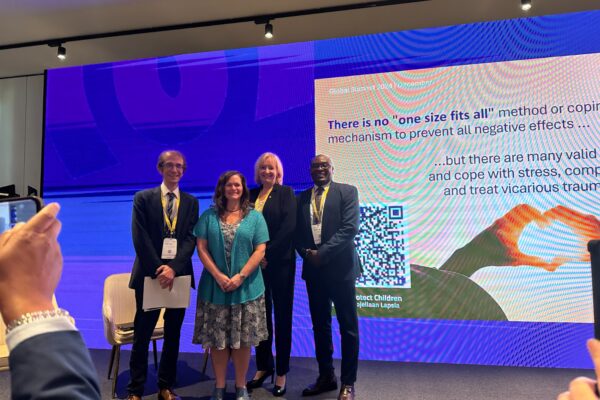
In December 2024, experts, advocates, and policymakers gathered in Abu Dhabi for the WeProtect Global Alliance’s 2024 Global Summit, co-hosted by the Ministry of Interior…